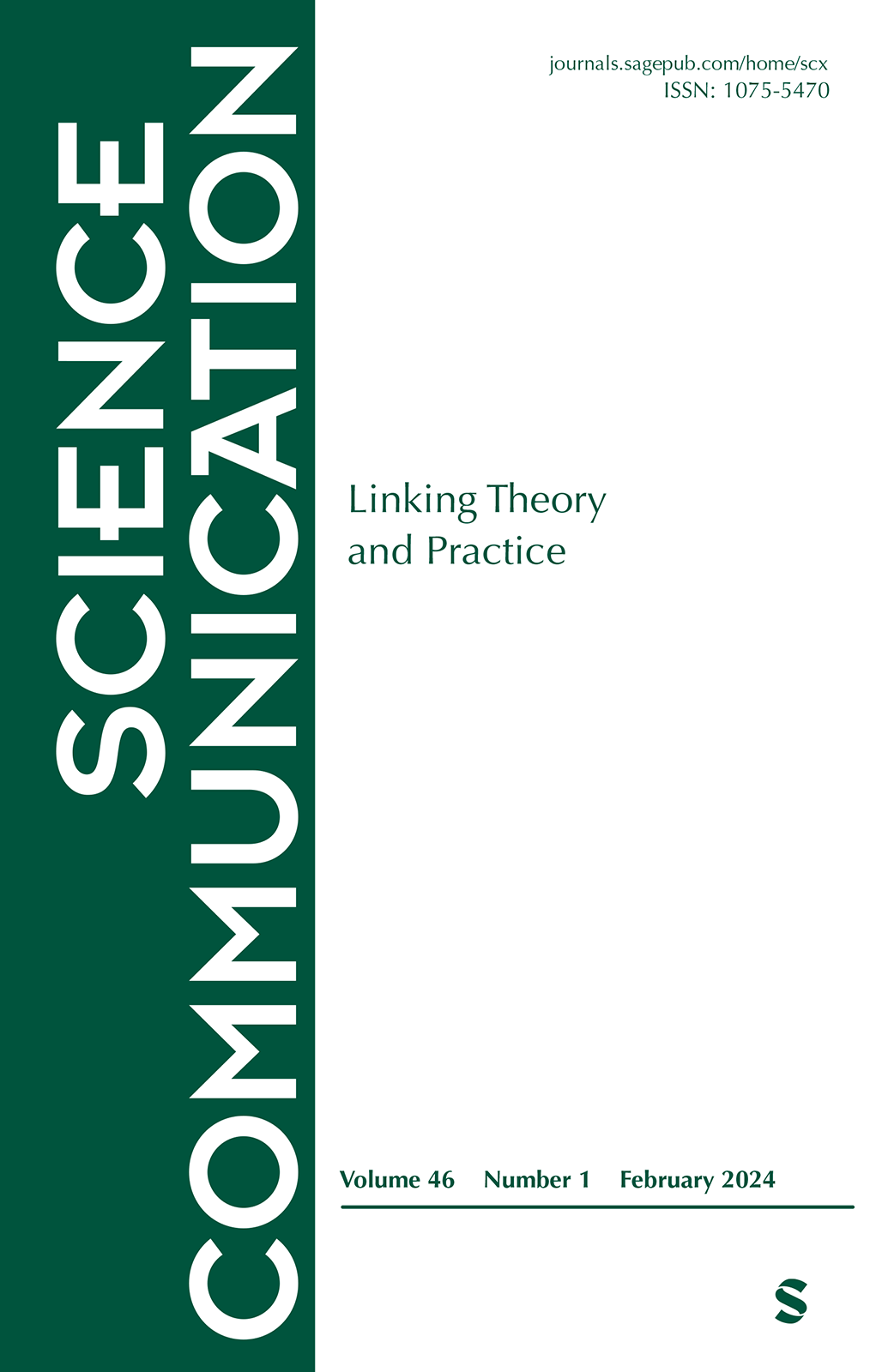重复暴露和信息疲劳在影响帮助北极熊和支持减缓气候变化意愿中的作用
IF 4.1
1区 文学
Q1 COMMUNICATION
引用次数: 2
摘要
反复暴露及其相关的疲劳是参与的主要障碍,气候变化沟通仍未充分解决这一问题。为了探讨这个问题,本研究将美国成年人(N = 933)随机分配到五个实验条件之一(北极熊新闻标题的数量:0 vs. 1 vs. 3 vs. 7 vs. 10),在这些条件下,他们在很短的时间内接触到总共20个新闻标题。总的来说,本研究没有发现证据支持关于重复暴露的倒u型模型。此外,慢性信息疲劳发挥了调节作用,对于那些慢性信息疲劳程度高的人来说,即使是一次短暂的接触也会导致更强烈的急性信息疲劳,这与帮助北极熊和支持减缓气候变化的同情心和意愿较低有关。对这些探索性结果和受众细分的影响进行了讨论。本文章由计算机程序翻译,如有差异,请以英文原文为准。
The Role of Repeated Exposure and Message Fatigue in Influencing Willingness to Help Polar Bears and Support Climate Change Mitigation
Repeated exposure and its associated fatigue are key obstacles to engagement that remain insufficiently addressed for climate change communication. To explore this issue, this study randomly assigned U.S. adults (N = 933) to one of five experimental conditions (number of polar bear news headlines: 0 vs. 1 vs. 3 vs. 7 vs. 10), in which they were exposed to a total of 20 news headlines in a brief amount of time. Overall, this study did not find evidence supporting the inverted-U shaped model concerning repeated exposure. In addition, chronic message fatigue played a moderating role such that for those with high chronic message fatigue, even one brief exposure resulted in stronger acute message fatigue, which was associated with lower compassion and weaker willingness to help polar bears and support climate change mitigation. Discussions on these exploratory results and implications for audience segmentation are provided.
求助全文
通过发布文献求助,成功后即可免费获取论文全文。
去求助
来源期刊

Science Communication
COMMUNICATION-
CiteScore
13.50
自引率
4.40%
发文量
19
期刊介绍:
Science Communication is a prestigious journal that focuses on communication research. It is recognized globally for publishing top-quality manuscripts that demonstrate excellent theoretical frameworks and robust methodology. Our journal embraces a broad definition of science, encompassing not only the natural and physical sciences but also social science, technology, environment, engineering, and health. Regardless of the scientific area, effective communication is always the focal point of our investigations.
Apart from theoretical and methodological rigor, we place great emphasis on the practical implications of scientific communication. Therefore, we expect all submitted manuscripts to address the real-world applications and significance of their research, alongside theoretical considerations.
In summary, Science Communication is an internationally renowned journal dedicated to bridging the gap between science and society. By promoting effective communication in various scientific domains, we strive to engage readers with intriguing research that has tangible implications for the world around us.
 求助内容:
求助内容: 应助结果提醒方式:
应助结果提醒方式:


